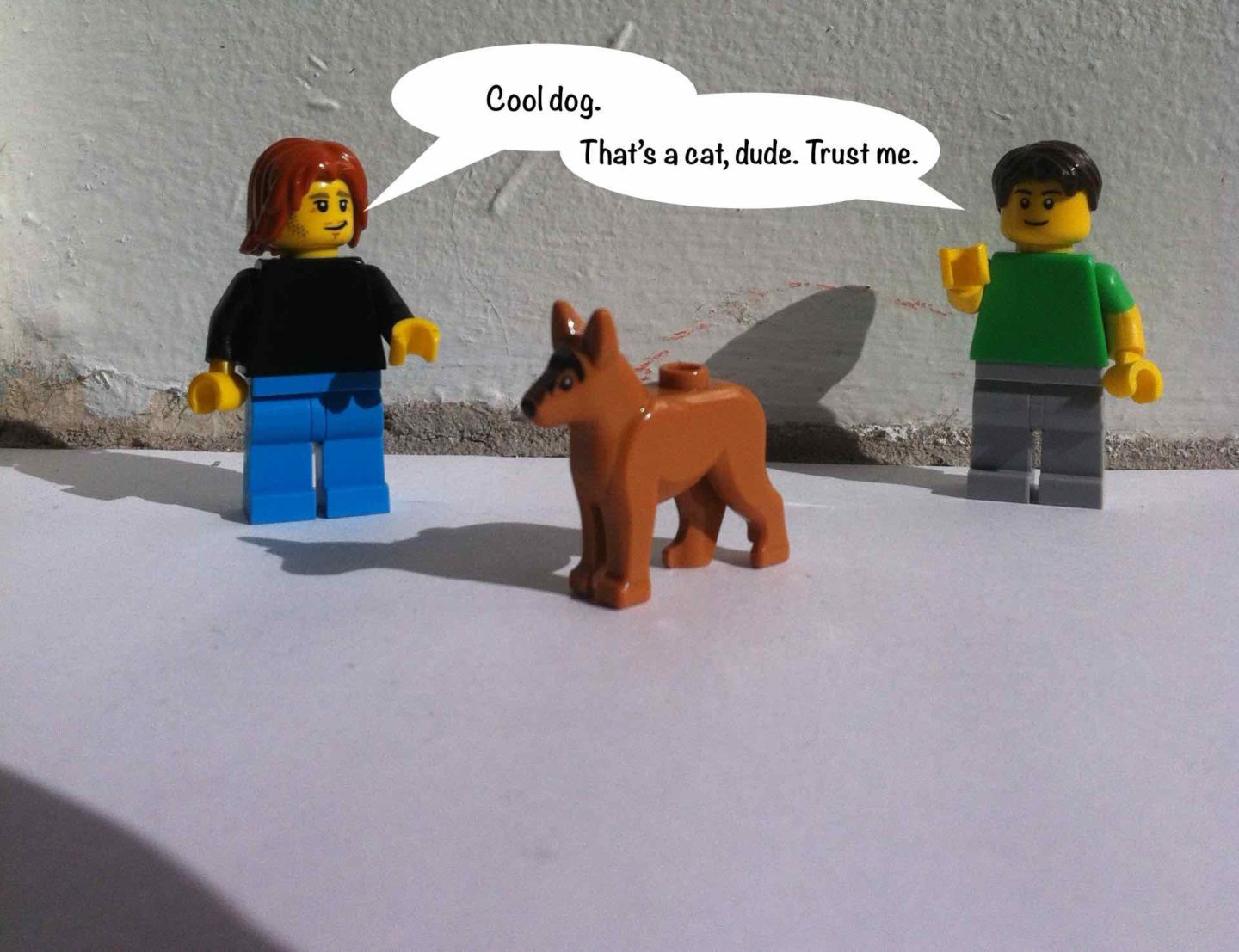The Pirahã people of Brazil don’t believe anything unless they actually see it for themselves. And if they’re told a story or someone gives them advice, they don’t accept it unless that person’s actually experienced it themself. It’s the ‘immediacy of experience’ principle.
The Pirahã also don’t think or talk about worst-case scenarios because their language has no future (or past) tense. What matters is what’s around them right here and now, and how to respond to it.
—
‘But isn’t it dangerous there?…’








If you’ve ever set out to travel somewhere that hasn’t got an unblemished 100% safety record, you’ll have probably heard people pre-warning you to fear the worst. ‘It’s dangerous there.’ ‘You’ll get mugged’. ‘Don’t leave your hotel room.’ Blah blah whatever.
If they haven’t seen it or done it, ignore it
I have a friend bouncing around South America right now and he has not been kidnapped and held for ransom or gunned down by the crossfire of rival drug cartels. A couple of my other friends recently came back from Romania and they were not stripped and robbed of every last Romanian leu by gypsies. I’ve been to Israel several times and I have never been killed by a suicide bomber on a bus.
The principle of the Pirahã is one you and I could live by. Unless someone has actually experienced something herself, or he’s been there and done it, it has no weight, no credibility at all.
—–
¹ Linguist Daniel Everrett also learnt that the Pirahã have no system of counting. Exact quantities don’t matter to them. Their entire language is made up of 8 consonants and 3 vowels with a wide-range of stresses and tones they use to communicate.
